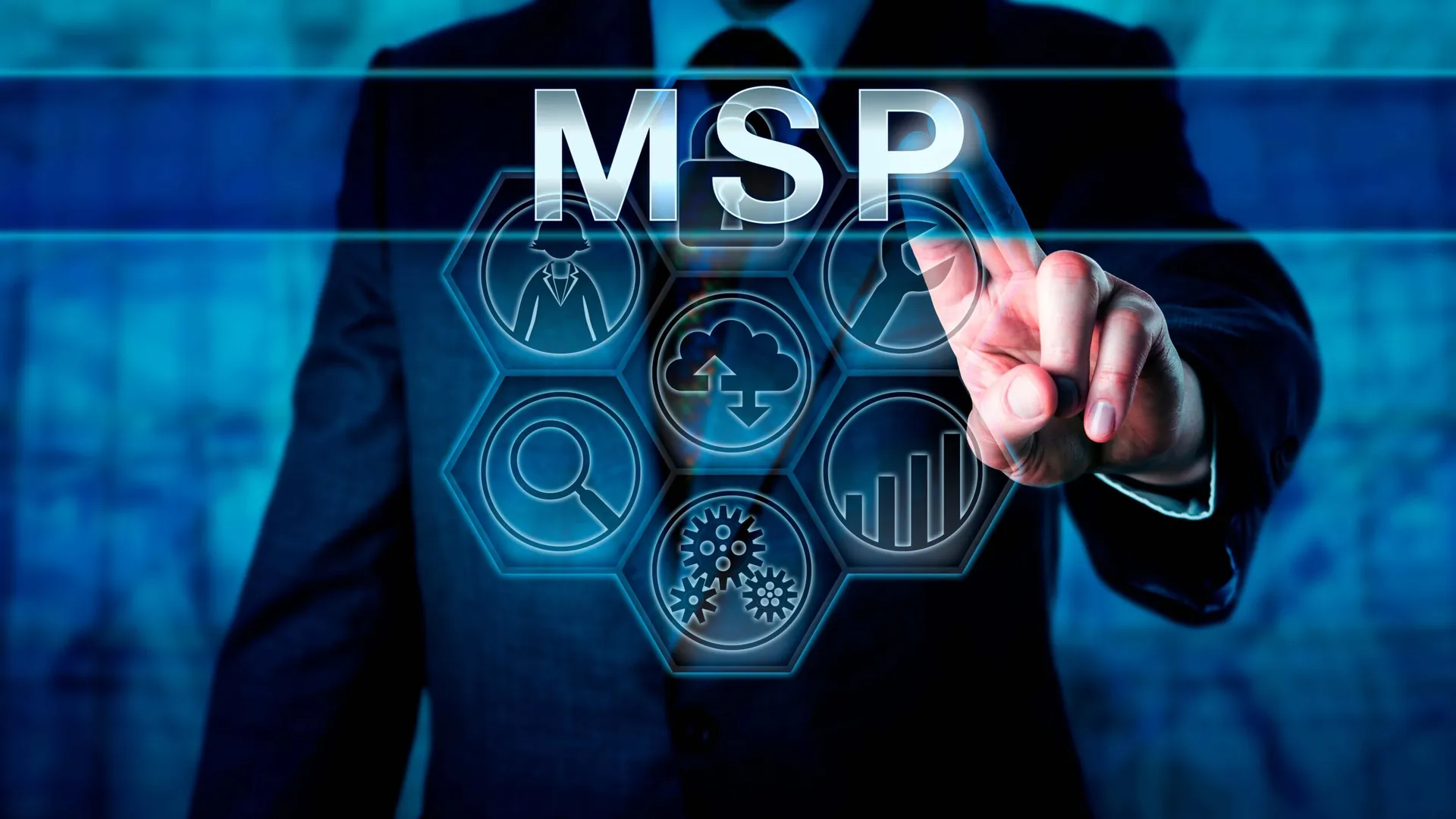Artificial intelligence has moved mainstream since Chat GPT and generative AI have captured the world's attention following its release in late 2022. CompTIA has created an AI Advisory Council to help bring together thought leaders and innovators. The idea is to help identify business opportunities and develop content to accelerate the adoption of AI and machine learning technologies.

It's not a surprise that CompTIA has named Mike Psenka to this advisory board. Psenka currently heads the startup he founded, Moovila, which is dedicated to infusing AI and automation into the project management process. The company offers a platform that does just that and it focuses on managed service providers as one of its early vertical markets to help with projects like customer onboarding. Psenka says that there's a divide between IT service management software and project management. There are some tasks that work as tickets. But others require project management tools.
Psenka is not new to the realm of AI. He has spent much of his career heading up or working in data analytics-focused companies, most recently as the senior vice president for workforce analytics at Equifax. He understands the concepts of "white box" AI (where you know why AI reached a particular outcome) vs black box AI (where no one knows how AI reached a particular outcome). This is one of the key questions many organizations have as they consider whether AI is biased or ethical or even useful.
Upon his appointment to the CompTIA advisory council, ChannelE2E sat down with Psenka to talk about his thoughts on AI, project management, and the opportunities for MSPs. Here is that discussion.
AI and the MSP Market: An Expert Point of View
ChannelE2E: A little over a year after the introduction of ChatGPT, everybody is excited about AI. But what are the low-hanging fruit opportunities here that MSPs and other channel partners can take advantage of today?
Psenka: Given the emphasis on "white box" AI solutions, we believe the low-hanging fruit opportunities for MSPs and other channel partners lie in the deployment of transparent and interpretable AI systems. For instance, the complexity of project management requires MSPs to go beyond just trusting an AI's methodology and algorithms.
Compared to "black box" AI models, which reach decisions or conclusions without explaining their basis, white box AI solutions for project management allow MSPs to oversee, tweak, and fully understand the AI's work, leading to more accurate project outcomes for resource allocation and time estimates and the ability for MSPs to fix errors.
These systems can offer clear insights and justifications for their outputs, making them especially valuable in sectors requiring accountability. By focusing on these areas, MSPs can differentiate themselves by providing AI services that not only solve complex problems but also offer a clear understanding of how those solutions are derived.
ChannelE2E: As you look at the industry, how much of the AI talk today is hype, in your opinion, and what’s real?
Psenka: From the standpoint of someone focused on the balance between generative LLMs and "white box" AI, a significant portion of the AI talk today might be considered hype, particularly regarding the overemphasis on generative models' capabilities without adequate consideration for their lack of transparency and interpretability.
The real potential of AI, as highlighted, lies in its ability to provide understandable and reliable solutions to complex problems. This indicates that while generative AI's advancements are real and impressive, there's a critical need to focus on the development of AI that is not only powerful but also clear and accountable in its decision-making processes.
ChannelE2E: Canalys has said that it will take 18 to 24 months for MSPs to go mainstream with offering real AI services to customers. Do you agree or disagree, and why?
Psenka: I agree with Canalys' 18 to 24-month timeframe for MSPs to offer generative (LLM and LAM) AI services. However, there is immediate potential with "white box" AI solutions. Given the advancements in transparent and interpretable AI systems, MSPs that prioritize these over more opaque generative models could start offering AI services sooner. The emphasis on systems that provide clarity and reliability could enable quicker integration and deployment of AI solutions in client businesses, potentially accelerating the timeframe for MSPs to bring AI services to market.
ChannelE2E: How will AI in business and in the channel change over the next 5 years?
Psenka: The next five years are likely to witness a significant evolution in AI, with a growing convergence between the capabilities of generative models and the clarity provided by "white box" AI. This evolution will see AI becoming more adaptive and capable of learning over time while maintaining its interpretability. For businesses and the channel, this means an increase in AI solutions that are not only powerful and efficient but also transparent and trustworthy, fundamentally changing how AI is integrated and utilized across various sectors.
ChannelE2E: When it comes to project management, your wheelhouse, what advantages that AI offers that MSPs would do well to take advantage of?
Psenka: In project management, the advantages of AI that MSPs should leverage are its ability to offer clear, interpretable insights and predictions. AI can help in optimizing project timelines, allocating resources more efficiently, and identifying potential issues before they arise, all with a level of clarity that allows project managers to understand and trust the recommendations provided. By utilizing AI that prioritizes transparency and reliability, MSPs can significantly improve project outcomes, enhance decision-making processes, and provide added value to their clients through improved accountability and trustworthiness in AI-driven solutions.




